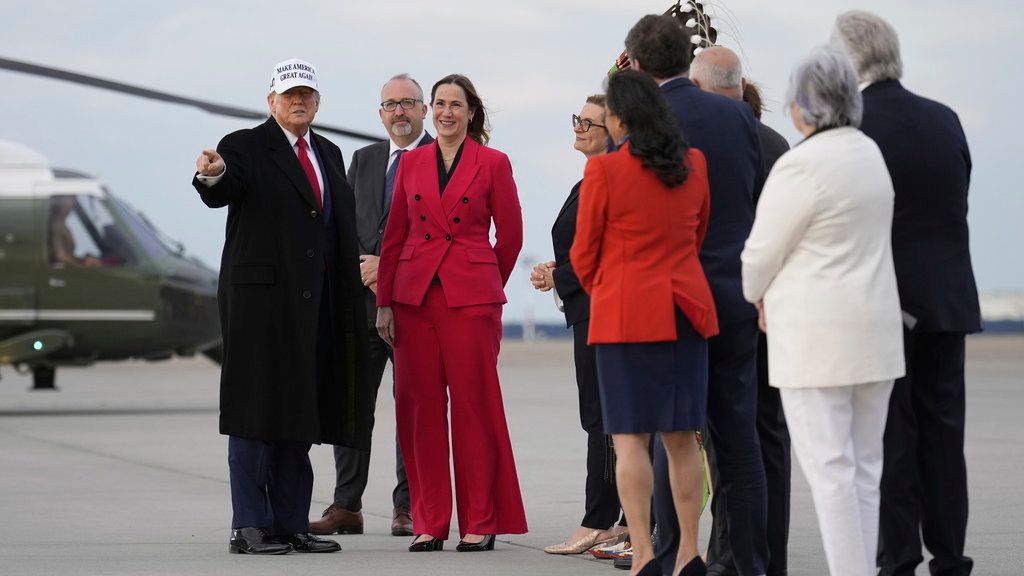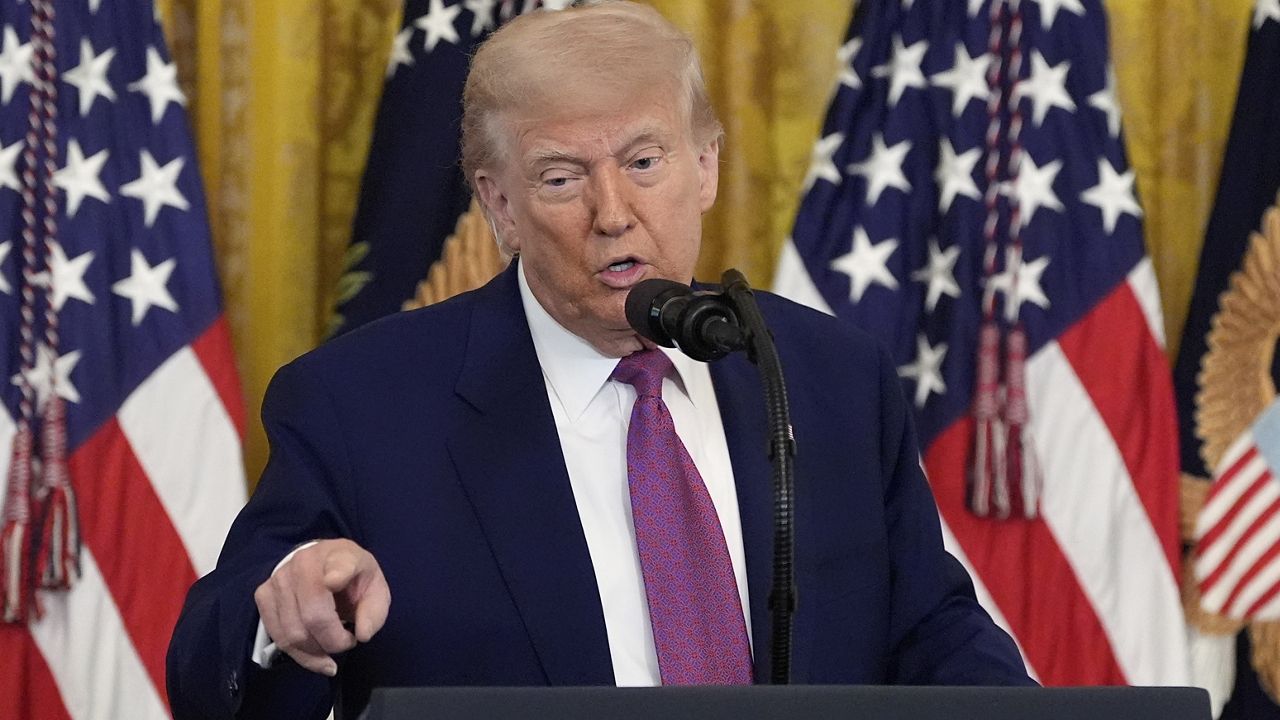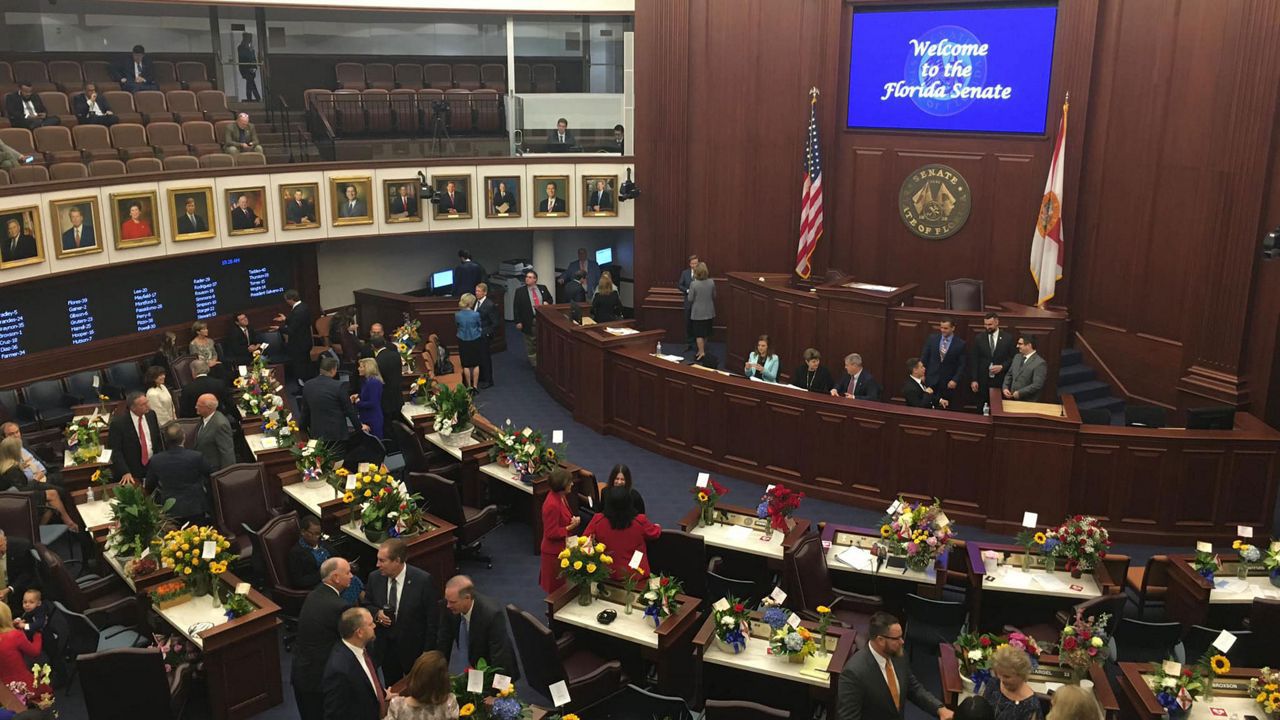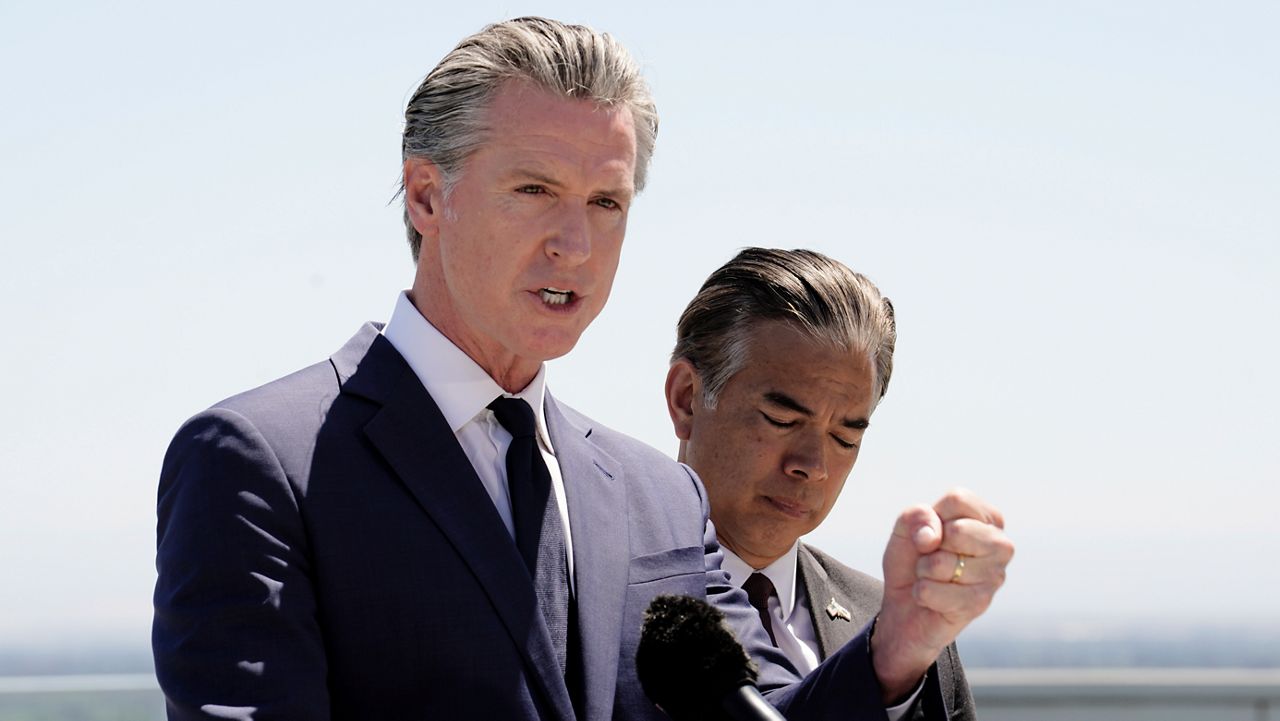As legislators continue to disagree on the state budget, Florida grows ever closer to a government shutdown, and the White House has acknowledged problems in RFK Jr.'s "Make America Healthy Again" report.
Time running short for Florida legislators to pass a state budget
If Florida legislators aren't able to come together to pass a state budget by June 30, the state could experience something that hasn't happened in modern history: a government shutdown.
The current legislative session was initially scheduled to end on May 4, but as budget discussions continue, that end-date has been moved to June 6.
If a deal hasn't been reached by then, legislators could extend the current session, or let it end and call a special session to continue working on the budget.
At issue is the disagreement on spending and a tax cut, resulting in what is roughly a $4.4 billion budget disagreement.
“There's a very real chance we would be here till June 30,” House Minority Leader Fentrice Driskell, a Tampa Democrat, said this week.
The Florida House wants a permanent sales tax cut and a permanent reduction to recurrent state spending. The Senate wants to cut property taxes instead.
Meanwhile, DeSantis is vowing to veto any budget plan that would reduce Florida’s sales tax.
Instead, the governor said he’d prefer a $1,000 rebate on state property tax.
If lawmakers are able to come to an agreement on the budget, they would still have to account for the mandatory 72-hour cooling-off period before they can actually vote on it.
DeSantis said something will have to happen, and quickly, because a government shutdown isn't a viable option.
"So, we will have something in effect, from a budget and tax perspective, by the end of this month," he said. "Because that's the end of the fiscal year. And there's no way that we are going to allow the Legislature to just not do their job and get this done for the people of Florida. This is the one responsibility they have."
White House acknowledges problems in RFK Jr.'s 'Make America Healthy Again' report
The White House will fix errors in a much-anticipated federal government report spearheaded by U.S. Health and Human Services Secretary Robert F. Kennedy Jr., which decried America's food supply, pesticides and prescription drugs.
Kennedy's wide-ranging "Make America Healthy Again" report, released last week, cited hundreds of studies, but a closer look by the news organization NOTUS found that some of those studies did not actually exist.
Asked about the report's problems, White House press secretary Karoline Leavitt said the report will be updated.
"I understand there was some formatting issues with the MAHA report that are being addressed and the report will be updated." Leavitt told reporters during her briefing. "But it does not negate the substance of the report, which, as you know, is one of the most transformative health reports that has ever been released by the federal government.
Kennedy has repeatedly said he would bring "radical transparency" and "gold-standard" science to the public health agencies. But the secretary refused to release details about who authored the 72-page report, which calls for increased scrutiny of the childhood vaccine schedule and describes the nation's children as overmedicated and undernourished.
Leavitt said that the White House has "complete confidence" in Kennedy.
"Minor citation and formatting errors have been corrected," HHS Spokesman Andrew Nixon said in an emailed statement. He described the report as a "historic and transformative assessment by the federal government to understand the chronic disease epidemic afflicting our nation's children."
NOTUS reported Thursday that seven of the more than 500 studies cited in the report did not appear to have ever been published. An author of one study confirmed that while she conducted research on the topics of anxiety in children, she never authored the report listed. Some studies were also misinterpreted in the MAHA report. The problematic citations were on topics around children's screen time, medication use and anxiety.
Kennedy's MAHA report had already been stoking concerns among Trump loyalists, including farmers who criticized how the report characterized the chemicals sprayed on U.S. crops.
The report is supposed to be used to develop policy recommendations that will be released later this year. The White House has requested a $500 million boost in funding from Congress for Kennedy's MAHA initiative.










